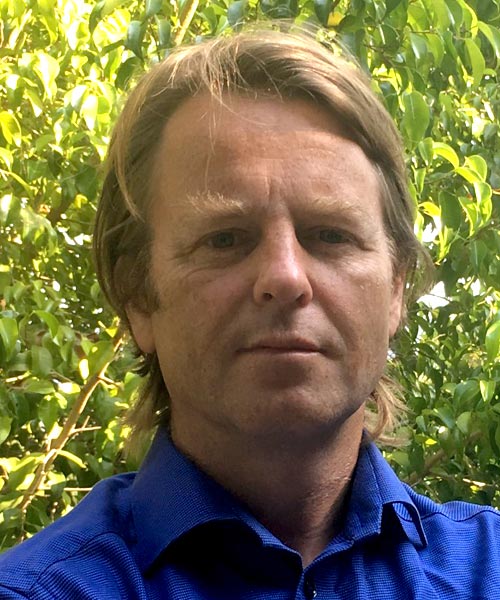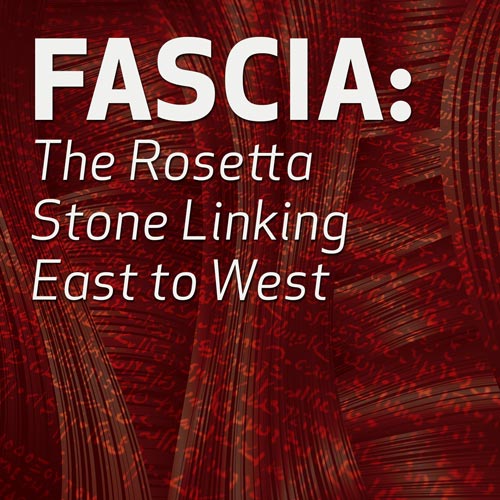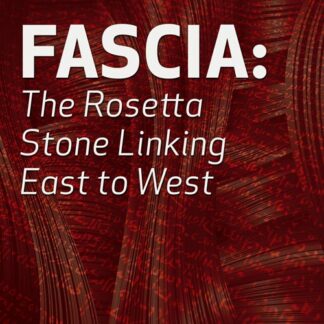Course Overview
A 57-year-old woman come into the clinic complaining of waking in the night needing to pee; she also has a diagnosis of asthma. Patients often present with multiple symptoms. Dr. Keown discusses his strategies for history taking, formulating a diagnosis, making a plan, and then treating. Dr. Keown's style of practice is heavily influenced by Dr. Wang Ju-Yi and his channel palpation method. He considers himself a student of this method and focuses on exploring people's experience and knowledge of channel palpation. Finally, in the last part of this talk, he discusses how Western medicine strengthens our understanding of Chinese medicine, thereby giving practitioners new ways to explain TCM to their patient population.
Objectives
-
Understand jing luo as simply spaces in the body
-
Understand the points as places where change occurs
-
Realize the channels as real physical spaces that surgeons use and acupuncturists can use in palpation
-
Understand the Chinese function of organs in biomedical terms
Outline
0 hrs - 30 min
Channels are spaces in the body walled by fascia
30 min - 1 hrs
The points are predictable places where the channels change
1 hrs - 1.75 hrs
Palpation can physically reveal what is going on in organ
1.75 hrs - 2.5 hrs
The (Chinese) organs are understandable when energy and hormones are introduced
Reviews
-
AMANDA K. (Canada)
Literally the best demonstration of what channels are and how they relate to the organs that I have ever seen. Really makes it click. Very much appreciate the western overlap in relation to Chinese Medicine excellent information and incredibly insightful. Absolutely brilliant and so very helpful!
-
Robin G. (United States)
Excellent course that uses the Western medical lens to view, understand and support ancient TCM principles. Cutting edge research and explanation of TCM channels & organs. Extremely clarifying. Bravo!
-
Vincent H. (Canada)
Very Amazing course. I am looking forward to more of these in the future.
Reviews
Literally the best demonstration of what channels are and how they relate to the organs that I have ever seen. Really makes it click. Very much appreciate the western overlap in relation to Chinese Medicine excellent information and incredibly insightful. Absolutely brilliant and so very helpful!
AMANDA K. (Canada)
Excellent course that uses the Western medical lens to view, understand and support ancient TCM principles. Cutting edge research and explanation of TCM channels & organs. Extremely clarifying. Bravo!
Robin G. (United States)
Very Amazing course. I am looking forward to more of these in the future.
Vincent H. (Canada)
some may bristle at liking "Western Medicine" hormones to how the Chinese described the function of the organs, but the importance and similarity of this cannot be understated in my opinion. This is one of the simplest, most useful descriptions of how embryology and hormones describe our medicine. Allows for expansive thinking of our medicine, and ultimately can be beneficial for us.
Brent G. (United States of America)
This kind of information should be presented in TCM schools. Its the kind of thing that can make or break a new students understanding of Chinese medicine. As Keown said in the lecture, Chinese medicine has it all, its just a matter of translation, and things aren't always translated well in school, via textbooks and/or via the instructors. This way of explaining things and of relating the Chinese organs and channels to western physiology and anatomy while being respectful of Chinese theories, has the potential to create a much deeper understanding of Chinese medicine as a whole. It's a very inspiring course and gives new life to the Chinese organs and channels I thought I knew all too well, but I really had no clue!
Karen K. (United States)
Daniel has the unique position of working with the knowledge of both Western and Chinese medicine, as an ED Dr, and speaks with great passion, igniting and renewing interest in our ancient medicine and marrying it with Western medicine in a way that holds our interest and concentration.
Sage A. (Australia)
An interesting overview of how fascia exists within the body, how that relates to Chinese medicine, and an additional overview of the commonalities between TCM and biomedicine, including some direct translations.
Corrine W. (Canada)
I enjoyed this course and the correlations between acupuncture and western medicine. It was very educational.
Wendy C. (Canada)
Teacher
Dan Keown
Dan Keown, M.B.Ch.B., B.A., received his medical degree from Manchester University and completed a degree in Chinese Medicine and Acupuncture from the College of Integrated Medicine. A member of the British Acupuncture Council for 10 years, Dr. Keown is also an author on topics relating to TCM and western medicine.
Disclaimers
-
Accessing Your Course
After checking out, your email address will be sent to Net of Knowledge securely and you will gain instant access to your course. If you do not have a Net of Knowledge account yet, one will be created for you automatically and you will receive an email with a link to set up your password. Log in to your account at netofknowledge.com and start learning!
-
Unlimited Access & CEUS
You will have unlimited access to this course for as long as it is on Net of Knowledge, so that you can keep reviewing and learning from it over the years.
CEU requirements must be completed within 1 year from the purchase. During this time, you must view the training and complete any required documents to get your certificate. You must also print and save your certificate for your own records.
-
Cancellation Policy
Please note we do not offer refunds for our recorded online courses/webinars.
-
Note
This recording is available in an online format only; you will not receive a DVD or physical copy of the recording – it is only available to watch as a course to watch on the internet through your online account.




